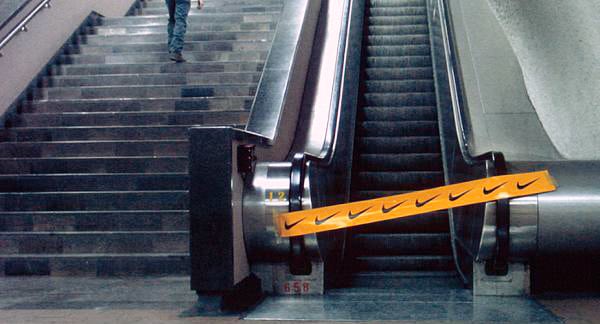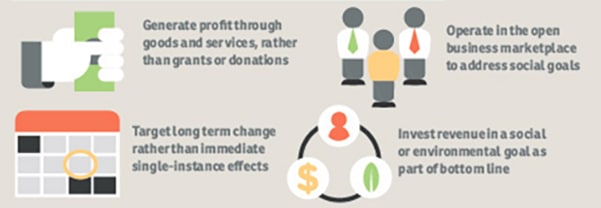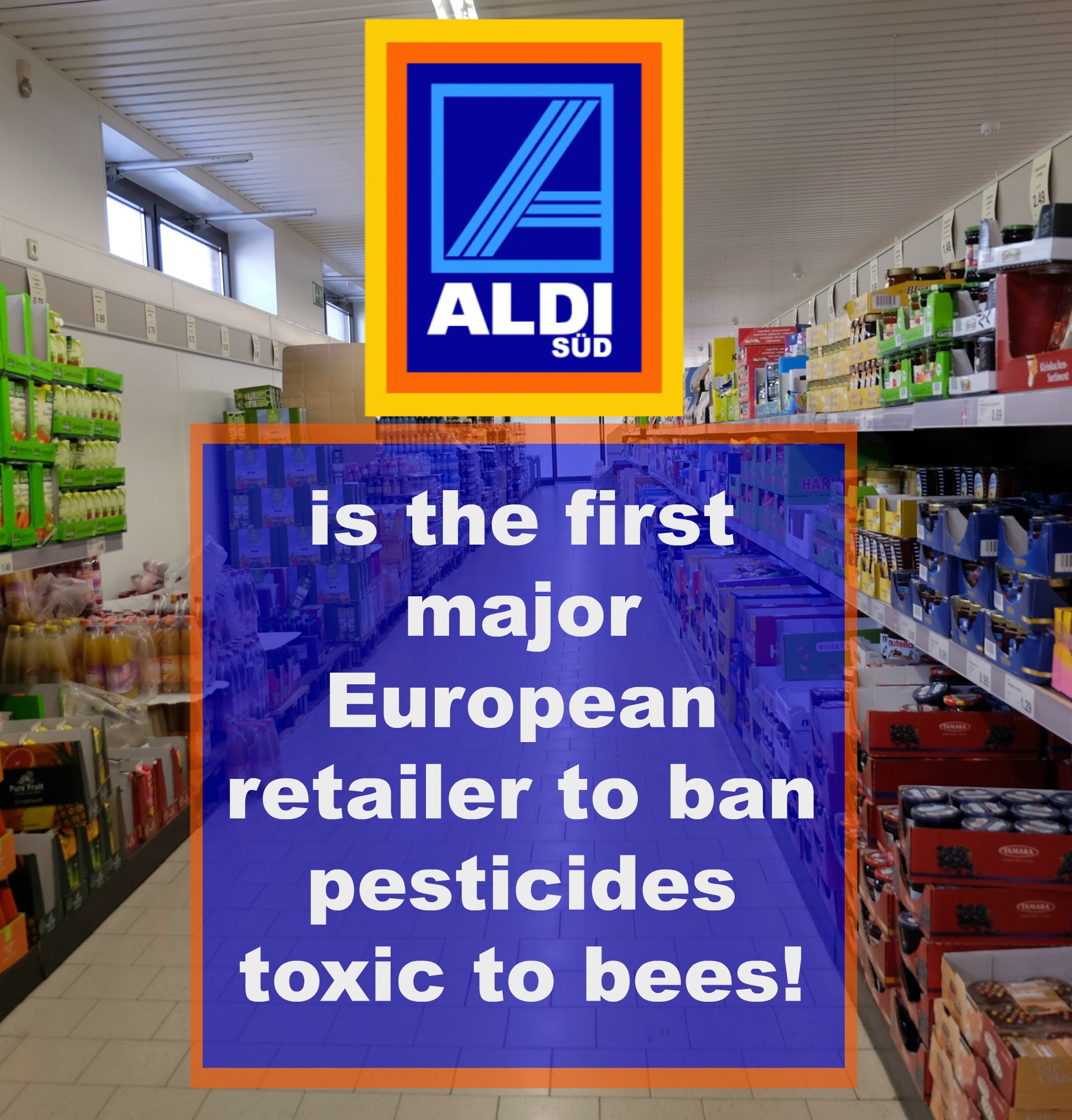Marketers, companies and customers the world over will acknowledge that times and attitudes are changing. How we view the world is different now, our concern for our present and our future is more prevalent than ever before.
In 2015, GFK conducted a survey which found that out of 28,000 consumers, 63% said they only buy products and services that appeal to their beliefs, values and ideas.
Whereas beforehand, brands attracted custom by recognition and the perception of a guaranteed experience, one’s ethics have become the most crucial factor determining consumer decisions.
Perhaps the recent recession created a buyer’s market, but purchasing based on a conscious choice is undoubtedly a stepping stone on to the path of enlightenment.
What is enlightenment?
It is defined by Immanuel Kant as the emergence from one’s self-imposed nonage, in other terms, it’s to have and to be confident in one’s own knowledge without another’s guidance.
What does this mean for businesses and consumers?
For businesses and their brands, they need to make sure they are on a positive path, and their marketing reflects that.
The language and imagery must always be honest in advertising.
Still, today more than ever, they must resonate characteristics such as truth, integrity and transparency from the very core of their corporate culture.
For consumers, it is their responsibility with today’s opportunities, to demand change.
From the ingredients listed on the back to news stories and online reports, it is much easier today to discover the effects purchasing decisions have in the broader world. Understanding this is a move towards enlightenment.
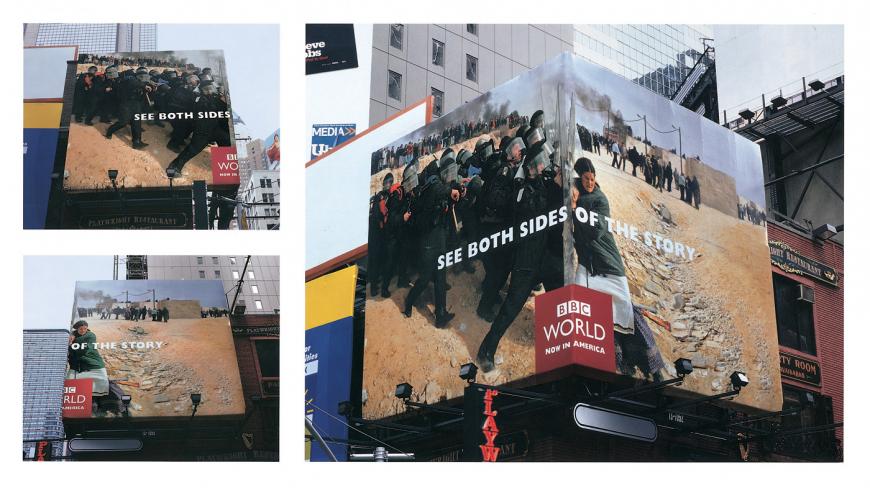
A recent example would be the decline in meat sales such as beef and pork.
Media articles condemned the products for having links to various cancers after reports by the World Health Organization.
The sale of processed meat later got hit hard, and there were reported to have been many factors contributing towards this.
One cannot refute the power of social media and the rapid distribution of such information.
Following the 2015 horse meat scandal, many more people are concerned with what they eat and are making educated and informed choices.
Coinciding with these events can be a significant increase in vegetarianism and ‘flexitarianism’ (a new trend to reducing meat consumption with non-meat alternatives).
Due to the decline in meat-eating, over 400 million fewer animals got slaughtered for the food chain.
In this case, whether it is health considerations, animal welfare or other reasons, an industry is at the whim of consumer choices, consumers that read information and make conscious decisions.
Thus, the more enlightened people become, the more such industries will decline.
On a personal note, on a recent visit to a wholesale store, I chose not to buy anything at all when I discovered the retailer had a water tank for the sale of live crabs and lobsters.
I made a well-informed decision based on my values through non-purchase.
This decision is of-course a single and personal example, but what’s not to say many more act in the same way for similar principles?
Such decisions can, and indeed already are changing the commercial landscape.
Developments in the consumer landscape include Fair Trade, non-animal tested, Rainforest Alliance approved, organic, non-GMO, gluten-free, lactose-free, free of preservatives, etc.
Some of these alternatives have been in existence for years, but they’re increasing in demand, proving that consumers don’t just want change, they demand it.
Today’s consumers have access to information at the press of a button and are more than happy to share with the world.
Also, with the development of microtechnology, fly on the wall style exposés are abundant on platforms such as Youtube, offering alternative perspectives to mainstream media.
Bearing this in mind, while there is nothing wrong with marketing’ gloss’, using it to cover a darker truth will not bare well with consumers who will not tolerate deceit.
Their reactions will likely be social media campaigns against a brand, or further still, non-purchase, or both.
An example of an enlightened brand would be supermarket chain Aldi-Sud. They decided to prohibit the use of neonicotinoids on any of their fresh produce across Europe.
These chemicals have been proven to kill bees, a hard-working life form essential for all life, that is continuously under threat by the controversial biotech firm, Monsanto.
Whether it is a reactive move by Aldi or indeed a proactive choice, it is a real step in the right direction.
So, enlightenment, what does it mean to businesses and brands?
There is a consensus that today’s Millennial audience are brand loyal and that brands make a contribution to their lives.
Yes, brands have perceived characteristics that some identify with. However, recent findings discovered that only 7% of Millennials believed that brands positively contributed to their lives.
Despite the trends and hash-tags thrown around daily, today’s educated consumers are not so much concerned with how famous a brand is, but more the contribution they make to their own lives and that of the wider world.
Those that show support to a cause to life thrive with success.
Recent examples include Kenco’s Coffee Vs Gangs campaign, helping the youth of more impoverished South American communities stay clear of gangs and violence, and the Guinness Made of More series depicting the life struggles of international rugby players.
These brands show qualities of enlightenment, not by merely reaching out to their audience with an emotional message, but for making life connections and acknowledging that life can indeed be challenging. These are the times and situations which people relate to, or emphasise with.
This action is the key to the success of these brands.
Those who relate to these powerful messages feel they and the brand are making a positive contribution to the world. However, like all steps of progress, the idea of enlightenment has attracted its fair share of bandwagon jumpers.
There has been no end of taglines and gimmicks to cast an image of a more ‘human’ and ‘wiser’ side to brands, all of which could get regarded as insulting or inappropriate.
Recently Car Rentals released Glen The Guru, tying in spiritual awakening and enlightenment into a good choice of renting a hire car.
Casino brand 32Red Casino brought out the tedious Good to Wow and sinking further, Go Ahead’s cringe-worthy ‘snack enlightenment’.
There are countless examples of these advertising atrocities, even taking the forms of posts and tweets, but all have the same undesired effect.
The examples put forward are the productions of marketeers, perhaps exploiting a new understanding or applying poor taste of humour.
One thing for sure is such ad campaigns are comparatively short-lived.
Another pitfall to avoid is the image of insincerity, from the unwillingness to change and apprehension towards transparency.
Sometimes, wrong moves can simply be mistakes, but when a brand is in the public eye, sometimes these are more difficult to recover from.
Coffee giant Starbucks got criticised for its 2015 Race For Life campaign, promoting openness about racial issues. It was deemed opportunistic.
Though one could appreciate an attempt to tackle inequality, their recent issues in Saudi Arabia for not serving women oozed hypocrisy.
On the matter of sexism, online auction site eBay got criticised for payment differences between male and female sellers.
Remember the statistic of how 63% of customers buy according to their ethics.
These same people would happily take their money elsewhere.
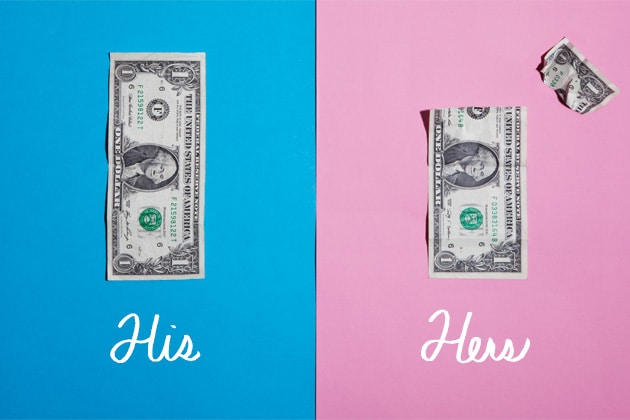
In conclusion, what do we know of enlightenment? It is self-evident that it is a two-way process.
Both the consumer has the responsibility to demand positive change and brands have an obligation to supply those changes and where possible to innovate ways for a more positive way of being for the collective.
For a business, one must understand that enlightenment transcends beyond the eco, social and services promises.
It is more than a quick campaign to help reduce a carbon footprint or save lives in the developing world.
While these are all positive steps, true enlightenment is a continual process, it is demanding and requires genuine empathy.
Like a spiritual accomplishment, one must experience or witness unpleasantries to reach a new understanding.
As some say, there is light at the end of the tunnel.
To sum up, enlightenment and the future of brands perfectly are the words of Mahatma Gandhi; “Be the change you wish to see in the world.”
Writer: Charlotte Mills
Editor: Derin Cag


